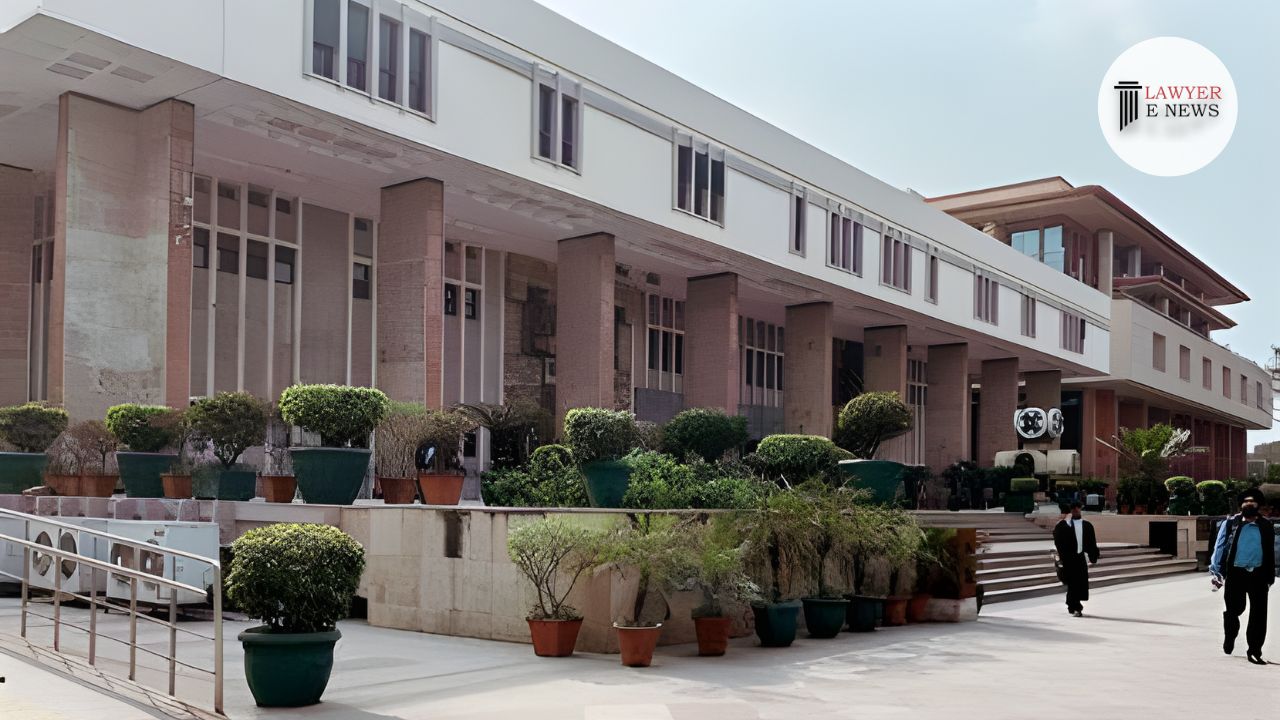-
by Admin
15 February 2026 5:35 AM



The Delhi High Court has upheld the rejection of a patent application for a “Portable Vehicle Management System,” dismissing an appeal by Mahesh Gupta against the decision of the Assistant Controller of Patents and Designs. The court, presided over by Justice Sanjeev Narula, concluded that the invention lacked an inventive step, making it obvious in light of existing technologies referenced in prior art documents D4 and D5.
Assessment of Inventive Step: The court’s evaluation hinged on whether the claimed invention demonstrated an inventive step, as defined under Section 2(1)(ja) of the Indian Patent Act, 1970. The invention was compared against prior art documents D4 (US2002019703A1) and D5 (US2015019266A1). Justice Narula observed, “The claimed features of portability and comprehensive monitoring were well-known and lacked inventive ingenuity.”
Portability and Comprehensive Monitoring: The court noted that while the invention aimed to integrate multiple functionalities within a portable vehicle tracker, these features were not novel. “D5 explicitly introduces the concept of a portable device with inbuilt sensors that can be monitored wirelessly through a remote server, making the portability aspect of the subject invention non-inventive,” Justice Narula stated.
In its detailed judgment, the court emphasized the importance of the doctrine of non-obviousness and the concept of a Person Skilled in the Art (PSITA). Justice Narula explained, “The motivation to combine the teachings of D4 and D5 to achieve a portable, comprehensive vehicle monitoring system would be apparent to a PSITA, reflecting a logical progression rather than an inventive step.”
Justice Narula remarked, “The step towards combining these systems does not require inventive acumen but follows logically from the existing technological trends and needs identified in these prior arts.”
Decision: The court’s decision reinforces the stringent standards for patentability, particularly the requirement for an inventive step. By affirming the rejection, the judgment underscores the necessity for genuine innovation in patent applications. This ruling is expected to guide future patent evaluations, emphasizing the importance of demonstrating significant technical advancements beyond prior art.
Date of Decision: May 29, 2024
Mahesh Gupta vs. Assistant Controller of Patents and Designs
